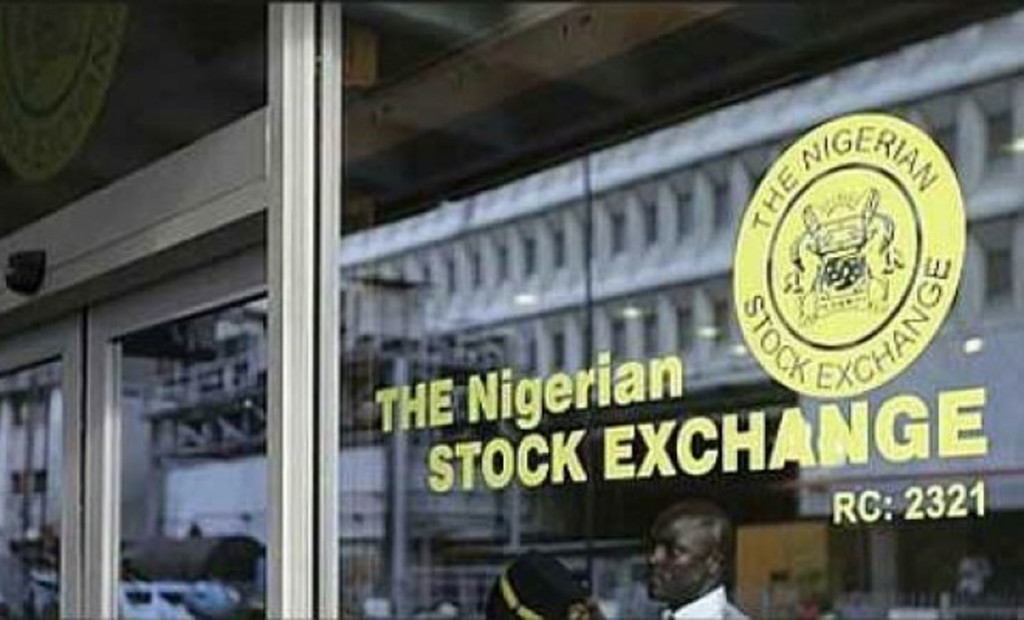The Securities and Exchange Commission (SEC) is Nigeria’s apex regulatory authority of the Nigerian capital market supervised by the Federal Ministry of Finance, Budget and National Planning.
The SEC’s primary function is to oversee organisations and individuals in the securities markets, including securities exchanges, brokerage firms, dealers, investment advisors, and investment funds.

It also promotes disclosure and sharing of market-related information, fair dealing, and protection against fraud through established securities rules and regulations, as well as provides investors with access to registration statements, periodic financial reports, and other securities forms through its electronic data-gathering, analysis, and retrieval database.
Just as the Central Bank of Nigeria (CBN) superintends over the financial system through the Monetary Policy Committee (MPC) meetings, the SEC formulates policies for the capital market through the Capital Market Committee (CMC) meetings.
Unlike the MPC meetings which are held every other month in a year, the CMC meeting holds every quarter. The first meeting for this year was held in April followed by the second in August, whereas the third scheduled for November, 2021 has been postponed.
The CMC was mainly established to serve as a medium for exchange of ideas among market stakeholders as well as for feedback to SEC on how to continuously improve the market activities and regulation.
Expectedly, participants at the CMC meetings include Chief Executive Officers (CEOs) of all registered capital market firms (that is Broker/Dealers, Investment Advisers, Custodians, Fund/Portfolio Managers, Receiving Banks, Issuing Houses, Rating Agencies, Registrars, Reporting Accountants, Trustees, and Capital Market Consultants, etc.); Chief Executive Officers of: Nigerian Exchange Group (NGX), National Association of Securities Dealers (NASD); FMDQ Group Plc; Africa Exchange Holdings (AFEX); Nigeria Commodity Exchange (NCX); Central Securities Clearing System (CSCS); as well as representatives of relevant financial sector regulatory agencies, among others.
During such meetings, issues bordering on implementation of the 10-Year Capital Market Master Plan, implementation of the Fintech Roadmap, the commodities trading ecosystem roadmap as well as other salient matters relating to the capital market and the economy would be discussed.
The CMC was primarily established to serve as a medium for exchange of ideas among market stakeholders as well as an avenue for providing feedback to the SEC on how to continuously address challenges, improve market operations and enhance the regulatory framework. It is an industry-wide committee comprising members of the SEC, representatives of capital market operators and trade groups and other stakeholders.
The Commission had unveiled the 10-year Capital Market Master Plan (CMMP) in November 2014 and has continued to implement the initiatives, which are designed to reposition the Nigerian capital market as an attractive investment destination and a critical facilitator of capital formation for the accelerated growth and development of the Nigerian economy.
Some of the CMMP initiatives that have been implemented include; Direct Cash Settlement, regularisation of multiple subscriptions, dematerialisation of share certificates, and the introduction of the e-dividend management system. The CMMP initiatives have helped in promoting transparency, protecting investors and enhancing market confidence. The objectives of the CMMP are also in consonance with the federal government’s economic strategy, focused on encouraging a private sector-led economy to drive inclusive growth.
The need for capital market regulation is motivated by the desire to protect the investing public from malpractice. Having to instil confidence in the system and ensure financial market stability for the growth and development of the capital.
Founded in 1962, the SEC was originally an ad hoc consultative and advisory body, known as the Capital Issues Committee, established under the aegis of the Central Bank of Nigeria (CBN). Its mandate was to examine applications from companies seeking to raise capital from the capital market and recommend the timing of such issues to prevent issues clustering which could overstretch the market’s capacity.
The Committee operated within the CBN as a capital market consultative and advisory body with no regulatory framework.
An increase in the level of economic activities, coupled with the promulgation of the Nigerian Enterprises Promotion Decree in 1972, necessitated the establishment of a body backed by law to regulate capital market activities. Hence, the creation of the Capital Issues Commission to take over the activities of the Capital Issues Committee. The Capital Issues Commission was established with the promulgation of the Capital Issues Commission Decree in March 1973.
The new body had a board of nine members, including a representative of the CBN who served as Chairman, while the other eight members were drawn from some Federal Ministries, the industrial and financial sectors of the economy.
In order to cope with emergent challenges, the powers of the Capital Issues Commission had to be further enhanced. A Financial System Review Committee was set up by the federal government to review capital market activities and proffer ways of developing the market. The recommendations of the Financial System Review Committee in 1976, led to the establishment of the SEC following the promulgation of the SEC Decree No. 71 of 1979 to supersede the Capital Issues Commission in 1979.
The Commission had more powers to regulate and develop the Nigerian capital market, in addition to determining the prices of issues and setting the basis for allotment of securities. Unlike its two predecessors, the Commission was then excised from the CBN, although it continued to receive funding from the apex bank.





